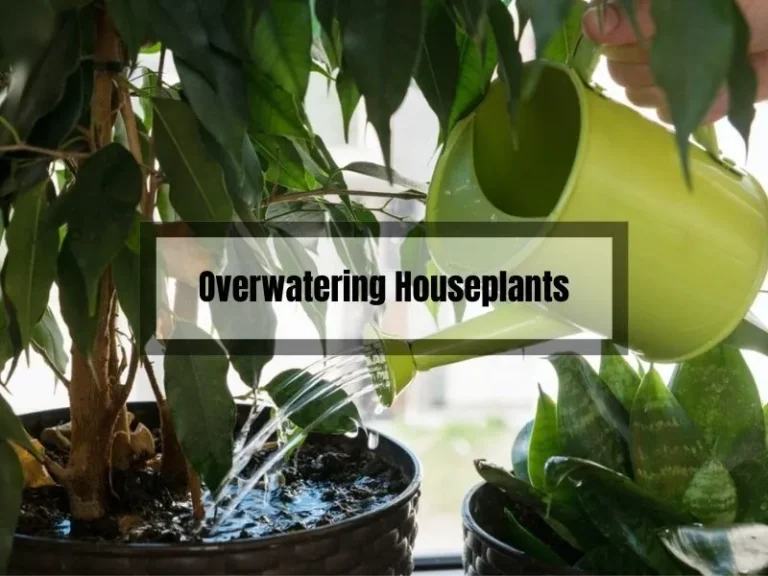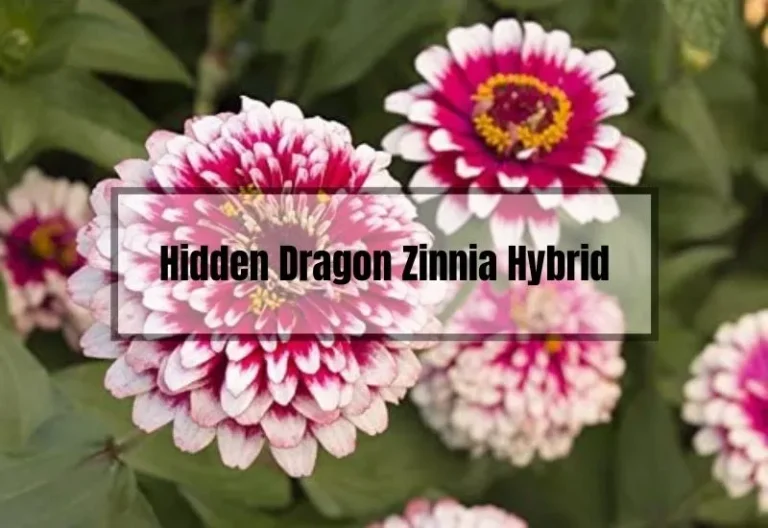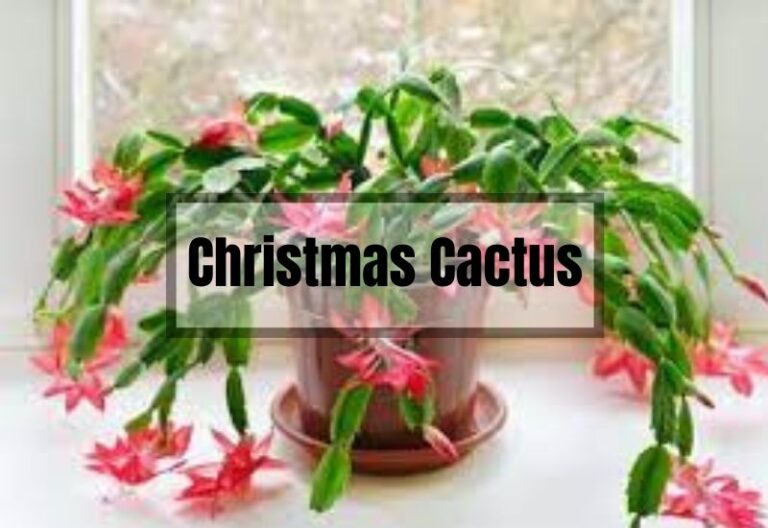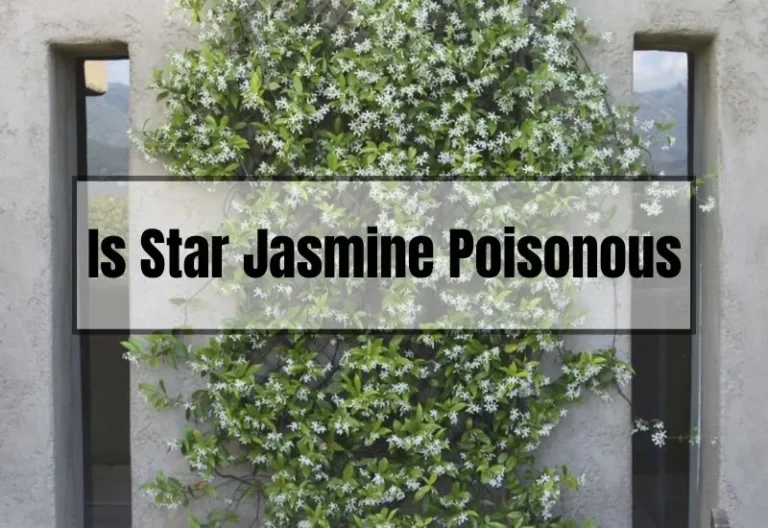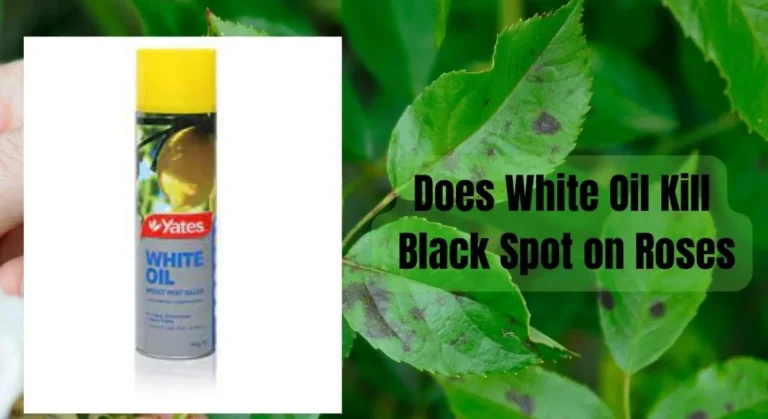Is Lemongrass Essential Oil Safe for Plants? A Friendly Guide
Are you a plant enthusiast interested in maintaining healthy, pest-free plants with essential oils? Lemongrass essential oil is gaining popularity as a natural solution. However, you may be wondering: is it safe for plants? Let’s delve into the details.
Lemongrass essential oil, derived from lemongrass leaves and stems, is known for its fresh citrus scent and numerous benefits, including anti-inflammatory, anti-fungal, and antioxidant properties. But before using it on your plants, it’s crucial to understand potential risks and precautions.
When using essential oils on plants, moderation and caution are key. While lemongrass essential oil can benefit plants, excessive use can harm them. Proper dilution and following recommended concentration levels are essential.
In the next section, we’ll explore the benefits of lemongrass essential oil for plants and safe, effective usage.
Key Takeaways
- Lemongrass essential oil has antioxidant properties that can boost the overall health of your plants.
- Using too much lemongrass essential oil can be harmful to your plants, so it’s important to dilute it properly and follow recommended concentration levels.
- When used safely and effectively, lemongrass essential oil can be a great natural alternative to chemical pesticides and fertilizers.
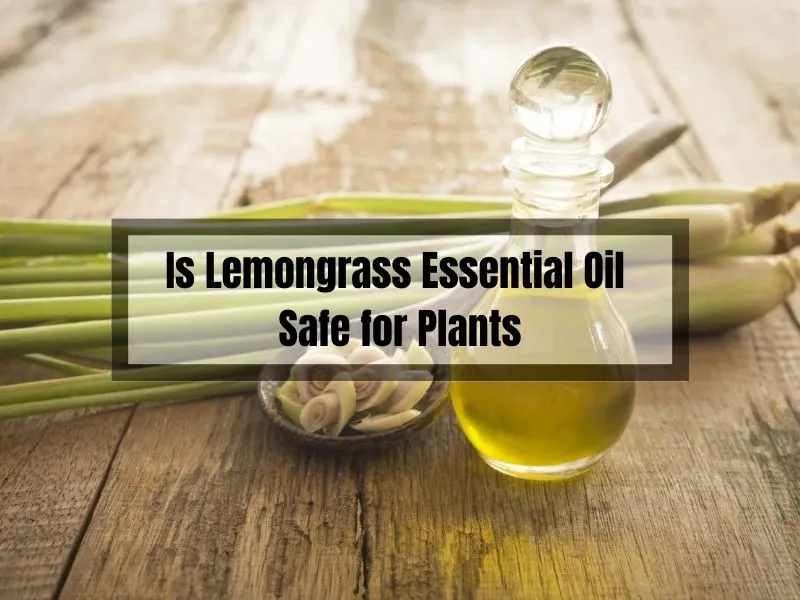
Is Lemongrass Essential Oil Safe for Plants?
If you’re an avid gardener, you’ve probably tried a variety of techniques to keep your plants healthy and free from pests. One popular method is using essential oils, such as lemongrass essential oil. But is lemongrass essential oil safe for plants? Let’s take a closer look.
Lemongrass essential oil has many benefits for plants. It has powerful anti-fungal properties that can help prevent and control the spread of fungal infections. It can also repel insects and pests, making it an all-natural weapon against plant diseases. However, it’s important to note that essential oils are highly concentrated and can be toxic in large amounts.
When using lemongrass essential oil on your plants, it’s essential to dilute it properly. A general rule of thumb is to mix one to two drops of essential oil per ounce of water. You can also mix it with a carrier oil, such as coconut or olive oil, to help it stick to the plant’s leaves.
It’s also important to test the oil on a small area of the plant before applying it fully. Some plants may be more sensitive to essential oils than others, and it’s better to be safe than sorry. If you notice any adverse effects, such as wilting or discoloration, stop using the oil immediately.
Benefits of Lemongrass Essential Oil for Plants
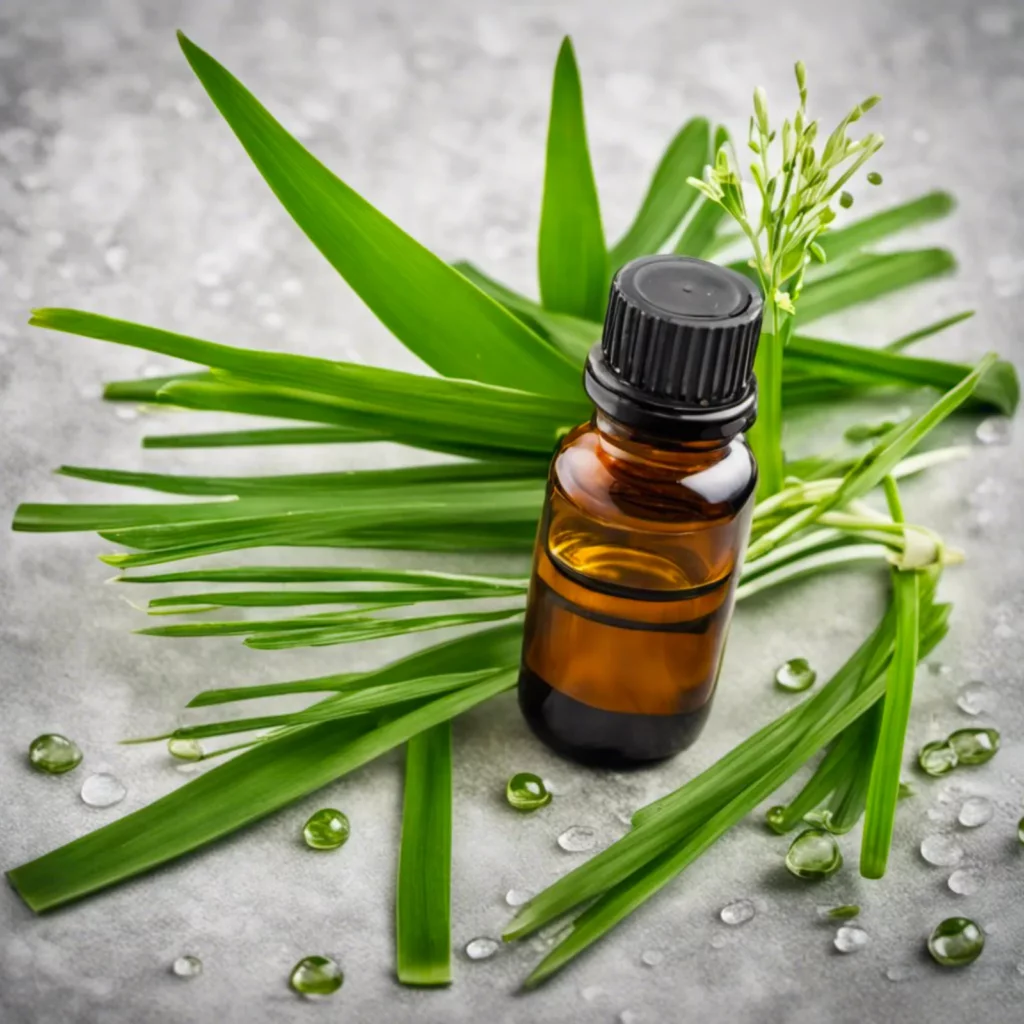
Are you looking for a natural way to keep your indoor plants healthy and pest-free? Look no further than lemongrass essential oil! Here are some of the benefits of using lemongrass essential oil on your plants:
- Repels insects: Lemongrass essential oil has natural insect-repelling properties that can help keep pests like mosquitoes, flies, and ticks away from your plants. It can also be effective against indoor plant pests like spider mites and aphids.
- Reduces inflammation: Chronic inflammation can cause many health problems for plants, including stunted growth and reduced resistance to disease. Lemongrass essential oil has been shown to have potent anti-inflammatory properties that can help reduce inflammation in plants.
- Promotes growth: Lemongrass essential oil can help stimulate plant growth by promoting the production of plant hormones like auxins and cytokinins. This can help your plants grow faster and stronger.
- Improves soil quality: Adding lemongrass essential oil to your soil can help improve soil quality by increasing the availability of nutrients like nitrogen and phosphorus. This can help your plants grow healthier and more robust.
- Attracts pollinators: Some plants, like rosemary, have a remarkable ability to attract pollinators like butterflies and bees. Adding a few drops of lemongrass essential oil to your plants can help attract these beneficial insects to your indoor garden.
When using lemongrass essential oil on your plants, it’s important to dilute it properly and use it sparingly. Too much essential oil can be harmful to your plants, so always follow the instructions carefully. With proper use, lemongrass essential oil can be a safe and effective way to keep your indoor plants healthy and thriving.
How to Use Lemongrass Essential Oil on Plants
Lemongrass essential oil is a versatile oil that can be used to benefit plants in many ways.
However, it is important to use it correctly to avoid any negative effects on your plants. In this section, you will learn how to use lemongrass essential oil on plants effectively.
Dilution Process
Before using lemongrass essential oil on plants, it is important to dilute it properly. Undiluted essential oils can be too strong for plants and may cause damage. Here is a simple dilution process:
- Choose a carrier oil: Carrier oils are used to dilute essential oils. Some good carrier oils for plants include olive oil, coconut oil, and almond oil.
- Mix the oils: Add 10-15 drops of lemongrass essential oil to 1 cup of carrier oil. Mix well.
- Test the mixture: Before using the mixture on your plants, test it on a small area first. Apply a small amount of the mixture to a few leaves and wait 24 hours to see if there is any adverse reaction.
Application Method
Once you have diluted the lemongrass essential oil, you can apply it to your plants. Here are some effective application methods:
- Spray bottle: Mix the diluted lemongrass essential oil with water in a spray bottle and spray it on the leaves of your plants.
- Soil drench: Mix the diluted lemongrass essential oil with water and pour it directly into the soil around your plants.
- Cotton ball: Soak a cotton ball in the diluted lemongrass essential oil mixture and place it near your plants.
- Diffuser: Use a diffuser to disperse the lemongrass essential oil throughout your indoor garden.
It is important to note that lemongrass essential oil should be used sparingly on plants. Overuse can cause harm to your plants. Use it only when necessary and always dilute it properly.
Potential Risks and Precautions
While lemongrass essential oil has many benefits for plants, there are some potential risks and precautions you should be aware of before using it.
Concentration Levels
Lemongrass essential oil is highly concentrated, so it’s important to dilute it properly before using it on your plants. Using undiluted essential oil can cause damage to your plants, including burning the leaves and roots.
When diluting lemongrass essential oil, a good rule of thumb is to mix one to two drops of essential oil per ounce of water. You can also mix the essential oil with a carrier oil, such as coconut oil or olive oil, before applying it to your plants.
Sensitivity
Just like humans, plants can be sensitive to certain substances. While lemongrass essential oil is generally safe for plants, some species may be more sensitive to it than others.
Before using lemongrass essential oil on your plants, it’s a good idea to do a patch test on a small area first. This will help you determine if your plants are sensitive to the oil and if you need to dilute it further.
Timing
Timing is also important when using lemongrass essential oil on your plants. It’s best to apply the oil in the morning or evening when the sun is not too strong. Applying the oil during the middle of the day when the sun is at its strongest can cause the oil to evaporate too quickly, reducing its effectiveness.
Application
When applying lemongrass essential oil to your plants, it’s important to use a spray bottle or other applicator to ensure even coverage. Avoid applying the oil directly to the leaves or roots, as this can cause damage.
It’s also important to avoid getting the oil on any beneficial insects, such as bees or ladybugs, as it can be harmful to them.
By following these precautions, you can safely and effectively use lemongrass essential oil to help protect and boost the health of your plants.
Other Essential Oils Beneficial for Plants
Lemongrass may be the star of the show, but there are other essential oils ready to support your plants and help them reach their full potential. Let’s meet these unsung heroes!
Cedar Essential Oil
Pest control
Cedar essential oil is like a secret weapon against pests. Its woodsy aroma sends a clear message to unwanted insects: “Not today, my friend!” It’s particularly effective against moths and other pests that can wreak havoc on your plants.
Anti-fungal properties
Like lemongrass, cedar essential oil is also known for its anti-fungal abilities. It helps prevent and control various fungal infections, keeping your plants healthy and happy.
Peppermint Essential Oil
Insect deterrent
Peppermint essential oil is like a force field that protects your plants from insects. Its minty aroma is a natural deterrent to many insects, making it a powerful ally in your fight against pests.
Promotes growth
The energizing scent of peppermint essential oil doesn’t just keep pests away; it can also stimulate plant growth. This invigorating aroma encourages your plants to reach for the stars (or at least the ceiling)!
Rosemary Essential Oil
Pest repellent
Rosemary essential oil is another pest-fighting powerhouse. Its herbaceous scent repels a wide range of insects, making it a versatile addition to your plant care arsenal.
Encourages root development
Rosemary essential oil is not just about keeping pests away; it also promotes healthy root development. It can be particularly helpful for young plants or those that need a little extra support in establishing a strong foundation.
Proper Application of Essential Oils for Plants
To ensure your plants enjoy the full benefits of these essential oils without any negative side effects, it’s important to apply them correctly. Here’s your guide to becoming a plant care superhero!
Dilution
Recommended ratios
Diluting essential oils is key to keeping your plants safe. As a general rule, you can mix 10-15 drops of essential oil with a quart of water. This ratio is gentle enough for most plants but still potent enough to provide the desired benefits.
Carrier oilsFor direct application, you’ll want to mix your essential oil with a carrier oil, like neem oil, to prevent potential damage to your plants. A good rule of thumb is to use a 2% dilution, which equates to about 12 drops of essential oil per ounce of carrier oil.
Application Methods
Spray
One of the easiest ways to apply essential oils to your plants is by using a spray bottle. Simply mix the diluted essential oil with water and spritz it onto the leaves and stems of your plants. Make sure to cover both the tops and bottoms of the leaves for maximum effectiveness.
Soil drenching
Another method is soil drenching, which involves mixing the diluted essential oil with water and pouring it directly onto the soil around your plants. This can be especially helpful for promoting root development or addressing soil-borne pests and fungi.
Direct application
For targeted treatment, you can apply diluted essential oil directly to the affected area using a cotton swab or soft cloth. Be sure to use carrier oil, in this case, to avoid damaging your plants.
Frequently Asked Questions (FAQs)
Can essential oils harm beneficial insects?
While essential oils can be effective against pests, they can also affect beneficial insects. To minimize harm to these helpful creatures, try applying essential oils in the evening when many beneficial insects are less active.
How often should I apply essential oils to my plants?
As a general guideline, you can apply essential oils every 1-2 weeks or as needed. Keep an eye on your plants and adjust your application frequency based on their needs and response to the treatment.
Can essential oils be used on all types of plants?
Essential oils can be used on a wide variety of plants, but it’s essential to research the specific needs of your plants and adjust the dilution ratios accordingly. Some plants may be more sensitive to essential oils than others, so always start with a lower concentration and test a small area before applying to the entire plant.
Can I use essential oils on edible plants?
Yes, you can use essential oils on edible plants. However, it’s crucial to follow proper dilution and application guidelines to ensure the safety and quality of your produce.
Conclusion
Lemongrass essential oil can be a powerful ally for your plants when used safely and correctly. With its pest-repelling, anti-fungal, and overall health-boosting properties, it’s no wonder lemongrass is often considered a plant care superhero.
But remember, even superheroes need backup – so don’t forget about the other essential oils that can also benefit your leafy friends.
Follow the proper application techniques, and your plants will thank you by growing strong and healthy. Happy plant parenting!

